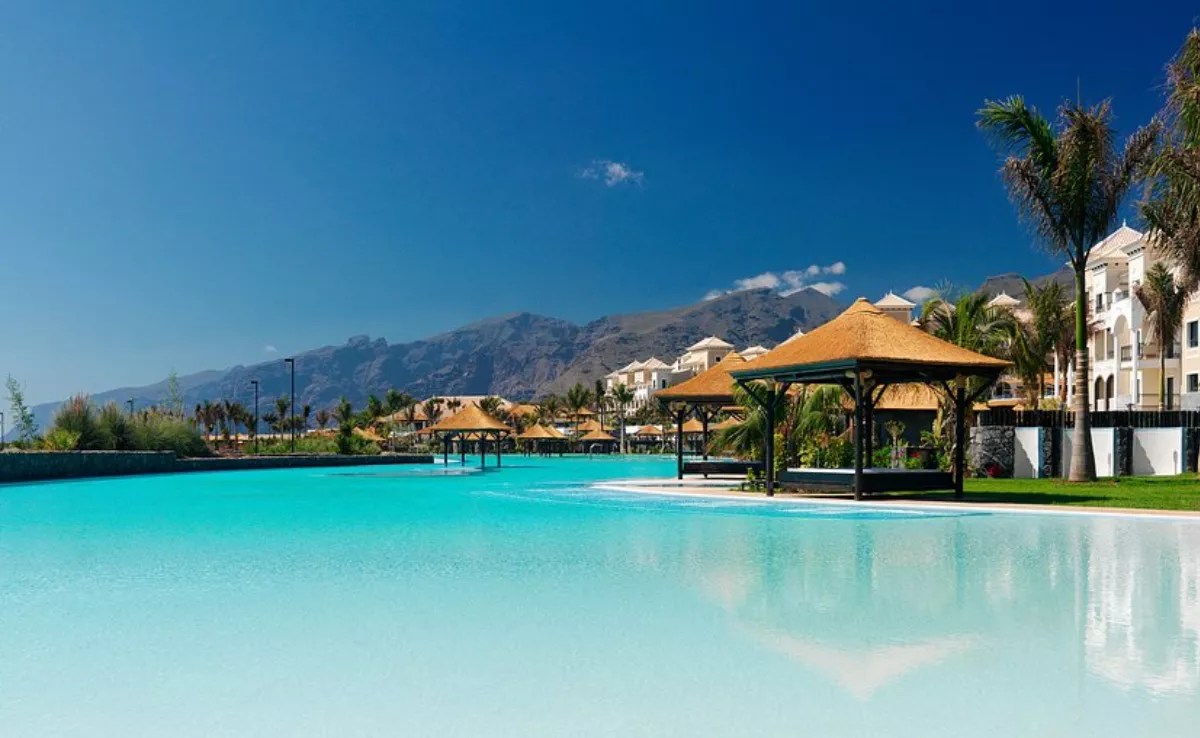The Spanish Institute of Oceanography (IEO-CSIC), an agency affiliated with the Spanish National Research Council (CSIC), presented its new oceanographic vessel, the Odón de Buen, this Saturday at the port of Santa Cruz de Tenerife. The institutional event brought together representatives from local and regional administrations, Canary Islands universities, research centres, and media outlets.
This vessel is the most modern, sustainable, and largest in the Spanish scientific fleet, and is a key asset for enhancing marine research in the archipelago, as highlighted by the academic institution in a press release.
Thanks to this call at the Odón de Buen in the Canary Islands, over 300 people will have the opportunity to visit the vessel this weekend to learn first-hand about this new and advanced scientific infrastructure of CSIC, designed to boost marine research both nationally and internationally.
Following this presentation, the vessel will continue to undergo commissioning in Canary waters and in August, it will embark on its first scientific campaign in the region. This will be the first of many planned missions, in a community that traditionally holds the highest number of days for oceanographic vessels in the country.
State-of-the-art facilities
“This vessel symbolises our commitment to cutting-edge, collaborative marine science that serves the whole of society. The Odón de Buen is a tool at the service of the entire Spanish scientific community and will have a prominent and continuous presence in Canary waters,” stated Rosa Figueroa, director of IEO-CSIC.

With over 84 metres in length, capacity for 58 people, and autonomy of up to 50 days, the Odón de Buen is equipped with state-of-the-art laboratories, autonomous underwater vehicles, and high-resolution probes that will allow the study of everything from deep-sea environments to the impact of climate change, biodiversity, fishery resources, and underwater volcanology.
“This vessel not only strengthens the role of IEO-CSIC in the Canary Islands but also enhances synergies with universities and scientific institutions in the archipelago. From here, we will lead key research for the understanding and conservation of our marine environment,” declared Jesús Arrieta, director of the Oceanographic Centre of the Canary Islands, one of the 10 sites of IEO-CSIC.
About the vessel
The Odón de Buen was built by Astilleros Armón (Vigo) with the participation of over 25 Spanish companies, with a total investment of 85 million euros, funded by the Ministry of Science, Innovation and Universities with support from the European Regional Development Fund.
It stands out for its innovative and sustainable design, featuring a diesel-gas hybrid propulsion system that significantly reduces pollutant emissions. Due to its technical capabilities, cutting-edge technology, and multidisciplinary approach, it aims to be a reference vessel for marine research over the coming decades.
“Throughout 2025, the vessel is undergoing commissioning both on land and through various test campaigns to verify its instrumental and navigation capabilities and is proving to meet the specifications established during its conception,” explained Jordi Sorribas, director of the CSIC Marine Technology Unit.
















